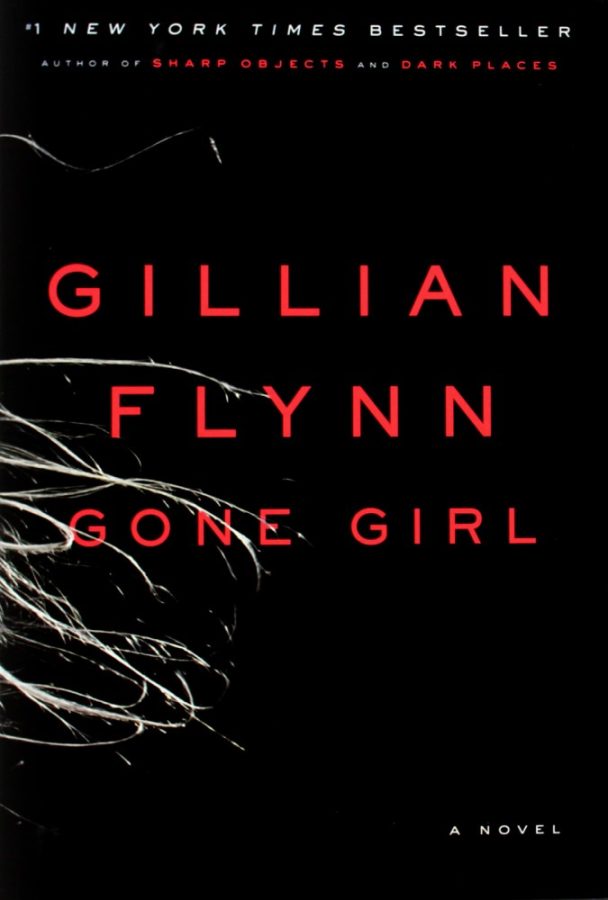Gillian Flynn is a master of manipulation, and her novel “Gone Girl” is a testament to her clever and cunning storytelling.
Nick and Amy Dunne have the perfect marriage, living the high life in New York City and celebrating their love in the fanciful way only fictional couples do. But when Nick loses his job and relocates them both to his hometown in Missouri, the cracks in their seemingly wonderful relationship begin to show. When Amy goes missing on the day of their fifth wedding anniversary, there’s nothing to prevent the outpouring of secrets and hidden aggression that makes the reader wonder: Did Nick murder Amy?
This question drives the entire book, and with Flynn’s careful use of structure and characterization, creates a mystery that perhaps only Sherlock Holmes could solve. The key difference — and what makes “Gone Girl” stand above books of a similar vein — is that Flynn has not one but two unreliable narrators. The novel alternates between Nick’s depiction of the events in Missouri following Amy’s disappearance, and Amy’s journal entries leading up to the event. Just as one begins to sympathize with angry and debilitated Nick, the book is taken over by Amy’s bittersweet recounts of the past. The two play games with each other and with the reader, who never truly knows which spouse to trust.
The novel is split in three parts, and the first two are gripping and addictive. The cast of characters, from Nick’s bawdy sister Margo to Amy’s too-close-for-comfort ex-boyfriend Desi, are fully-fleshed out, helping weave parts of the complicated web surrounding Amy’s disappearance. The story constructs itself around the reader like a glass castle until it reaches its zenith — and the pieces all come crashing down.
Though the tension and mystery in the first two parts of the book were satiating, as soon as the “epiphany” arrives in part three, it’s hard for the story to recover the same tone and suspense it carried before the answers are unveiled. When the masks of Amy’s journal and Nick’s facade are lifted, what Flynn reveals is an uglier reality that is not as appealing as the previously unknown.
The slow burn to the end of the novel falls flat compared to the rest of the book. It comes as a disappointment after the intense rising action; the dry and panicky race to a resolution makes it seem almost like a different book with characters of the same name. The beginning is the cliche of a page-turner, but in a good way. The latter end, however, urges the pages to keep turning in order to reach the ending quicker.
The ending of “Gone Girl” is unsettling and leaves a bitter aftertaste, and not for the expected reasons. But as for all endings, the feeling it leaves with the reader is up for interpretation.
Despite this, the “Gone Girl” film adaptation that opens Friday looks to capture the dark and twisted tone of the book. With director David Fincher at the helm, his dramatic and dusky style promises to stay faithful to Flynn’s haunting prose.”Gone Girl” isn’t a book that will change your life or make you a better person. But it’s one that remains with you long after it’s ended as a harrowing depiction of the American marriage, and the twisted ways love and lies turn beautiful people into something more hideous.
_______________
Follow Mia Moran on Twitter @miasarahlucille









